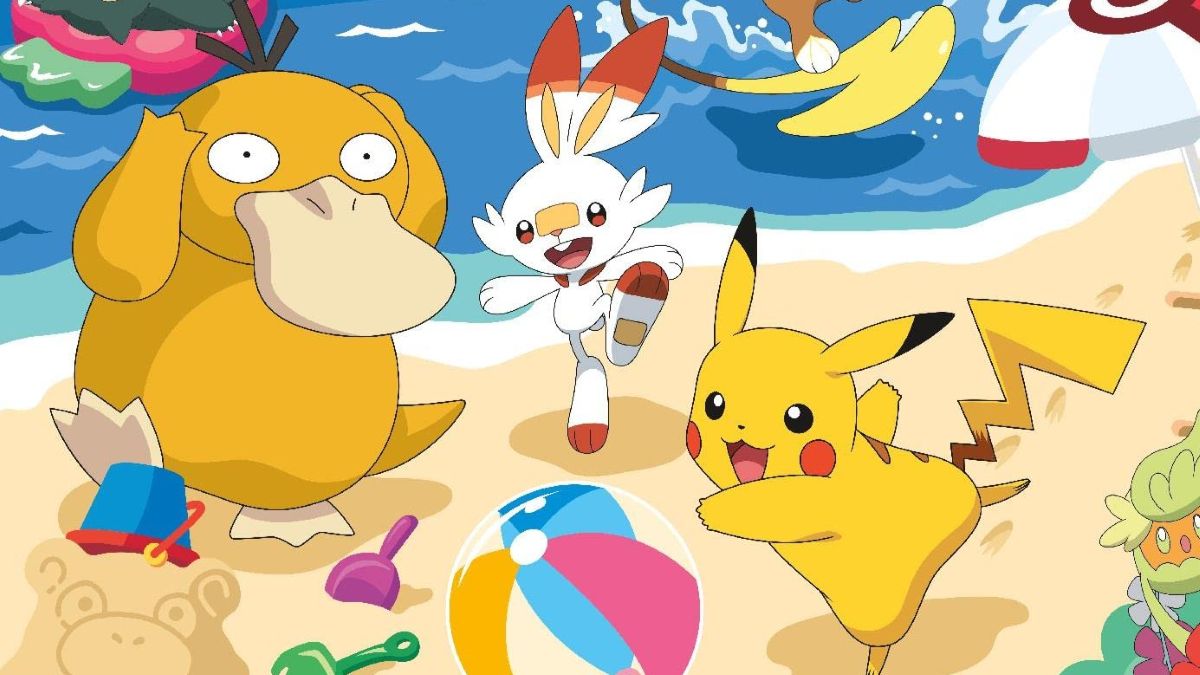
Recently we’ve seen great games developed by one-man teams. Titles like Downwell and 6180 the moon have been able to be successful since they were developed within a reasonable scope and are highly focused experiences. Small teams can create amazing games, they just can’t create something with the scale and level of detail of Uncharted 4.
It’s hard to fault a game for being overly ambitious, but it can’t be avoided when a game basically gets everything wrong since it’s too busy trying to be something greater. That’s Anima: Gate of Memories in a nutshell. The crowdfunded role-playing game (which managed to raise over $100,000 and is based off the tabletop games of the same name, attempts to bring the magic of fantasy books to life. Unfortunately, it fails almost immediately.
Players control two different characters (you can switch between them with a simple button press) in Anima: a woman named The Bearer and a powerful man named Ergo, who is trapped in a book. Neither of these characters are interesting, although maybe those that are already invested in the Anima world can find something to enjoy from them. Ergo is possibly the most annoying character I’ve ever seen in a game, as he ends almost every line of dialogue by hitting on The Bearer and calling her “Baby.” Despite this, he’s still the better of the two, as The Bearer is so devoid of personality (which isn’t helped by wooden voice acting) that I questioned if I should even call her a character.

Sadly, the gameplay isn’t any better. In fact, it’s actually worse than the story since at least the underwhelming plot can be ignored. The combat here is largely reminiscent of a subpar character action game, as you’ll be mashing on the face buttons in order to inflict damage through combos. There’s actually some depth to the combat as you’ll be purchasing skills and using projectiles to attack from range, but none of it feels fun.
The core melee combat is boring, and the ranged combat rarely works since the game has an atrocious lock-on aiming mechanism. I often would be looking at an enemy, activate the lock-on aiming, and then have my character target somebody who was behind me. It’s beyond frustrating, and the combat barely feels functional.
What’s funny though is that the combat is probably the Anima: Gate of Memories‘ strongest suit from a gameplay standpoint, so get ready for more complaints. For some reason, the developer thought it would be a genius idea to have a large focus of the game be on platforming. Yes, this RPG has platforming sequences that require pinpoint accuracy. This would be fine if the jumping felt like Super Mario Galaxy, but instead gamers are treated to some of the stiffest movement I’ve ever seen.

There’s an early boss battle that sums up Anima‘s issues quite well. Players have to jump on moving platforms in order to reach a structure that they have to destroy. After destroying the first part of it, laser beams that instantly kill the player are thrown into the mix. So not only do you have to make this pinpoint jumps again, but you also have to avoid fast moving lasers. It’s not fun, and it baffles me how it made it into the final product.
There are dozens of other issues with Anima as well, ranging from its horrible on-screen map (which can barely be seen when in a grassy area) to the fact that the game gives the player zero context as to what they should do next. There’s no quest log or reminders of what you should be doing; you just have to wander around boring environments until you stumble upon progression.
Considering that Anima: Gate of Memories was originally scheduled to release on June 2014, it’s probably undergone a pretty rough development. It shows in the final product, too, as not one aspect of the title is polished. Design choices range from puzzling to aggravating and for that reason and everything stated above, I simply can’t recommend this game to anybody in good conscience.
This review is based on the PS4 version, which we were provided with.










Published: Jun 10, 2016 06:41 pm